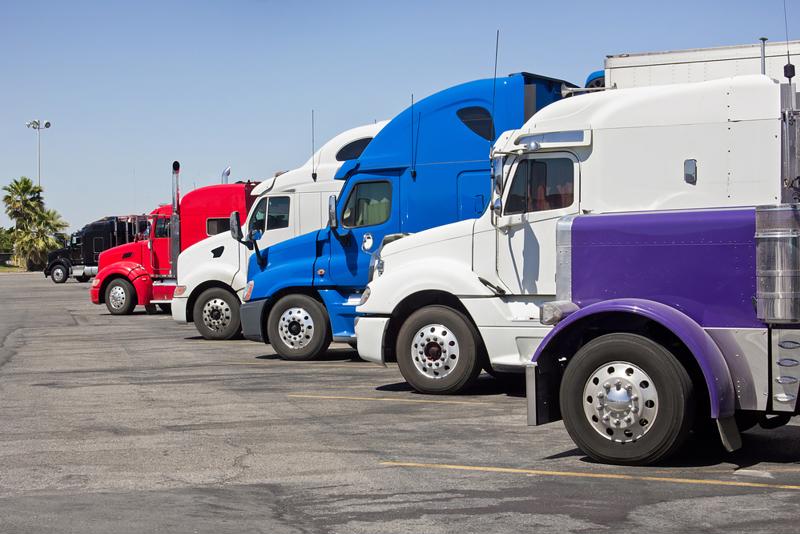The parking brake is one of those essential vehicle systems that is only truly appreciated in extreme situations. Failure to develop strong, reliable parking brakes can lead to consumer danger and recalls. Therefore, it's unsurprising that work is ongoing on making these parts better. In an era of increasingly automated vehicles with electronic systems becoming increasingly popular and effective, manufacturers are finding ways to work these elements into their parking systems.
From heavy Class 8 trucks to the cars individuals drive every day, each type of vehicle calls for a unique approach to parking and emergency brakes. Countering the danger of roll-away incidents takes many forms, but they are all worth investigating. The following are a few updates on advancements and concerns from the parking and emergency brake market.
Digital assistance becoming standard
According to Trucks.com, Ford is set to equip its extremely popular F-150 pickup with electronic parking brake systems. According to the news source, the use of these features has become popular in the broader industry, but is relatively new in the light truck field. The decision to make the electronics standard on the F-150 is bringing this closer to reality, considering the number of these vehicles sold every year.
While traditional parking brake systems are based on hydraulic power, electronic alternatives remove a lot of the associated hardware, making vehicles 20 pounds lighter. Trucks.com noted that automakers seeking better weight for their vehicles – and thus improved fuel usage – can turn to electronic brakes. Furthermore, the brake manufacturer stated that since the new system no longer needs its own lever or pedal, car interior designers have more room to work.
As with electronic assistance in standard braking, digital parking brakes are one of the steps that carmakers will have to take to make their vehicles fully autonomous in the near future. Trucks.com reported that the brakes being used by Ford are compatible with other autonomous systems, including stability control.
Testing for heavy trucks
Stopping an F-150 is one thing – keeping a whole Class 8 semi truck from rolling away is quite another. Fleet Owner brought an update on this front, stating that trials for a new electronic parking brake from Bendix are set to begin next year. The system is designed to take the place of today's truck parking brakes, which are air brakes that use electronic systems.
If electronic brakes catch on, it could be a major boon to road safety – Fleet Owner pointed out that the new solution is targeting the danger of roll-away accidents which may occur when brakes become disengaged, or are never set in the first place. In addition to tractor-trailer trucks, Bendix stressed that the new brakes are compatible with any truck with air brakes – that includes large buses and single-unit trucks without trailers.

When parking brakes go wrong
The risk associated with a faulty parking brake is clear: These devices have the important job of preventing roll-away scenarios when the vehicle is parked on a slope, and any failure will likely draw an immediate recall. The Associated Press explained that a problematic parking brake is to blame for a Mazda recall from earlier in the year affecting over 307,000 small SUVs.
According to the AP, the problem is associated with water getting into cars' brakes. When too much water enters the system in question, the hardware may corrode and become stuck in place. The issue has been blamed for at least two roll-away collisions, one in Germany and one in the U.K. no injuries have been associated with the issue thus far. Interestingly, the AP noted that the affected cars are only those with hand-operated brakes, the kind of technology the aforementioned development efforts are aimed at replacing.
Focusing on new tech
As with standard brakes, parking and emergency brakes have the potential to keep evolving in the years ahead. In fact, due to the need for electronic features that can become parts of autonomous driving systems, there seems to be no chance of the industry standing still. This presents an opportunity for parts manufacturers to debut new technologies and for current market participants to revise their designs. These solutions will need extensive testing to avoid risk and the recalls that follow.
To figure out how to proceed when developing a new brake system, sign up for a complimentary brake testing consultation from Greening.
